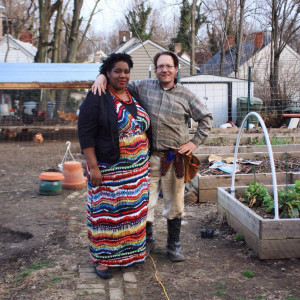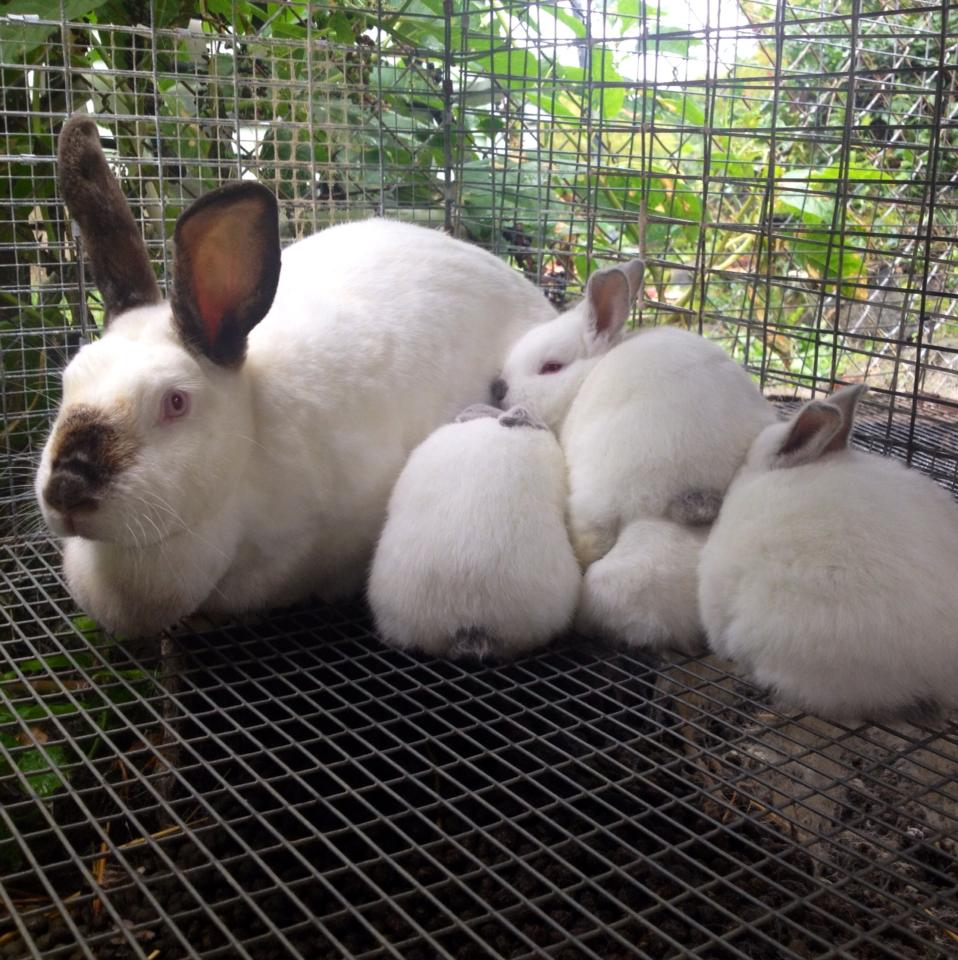by Christian Torp

Christian L. Torp is an attorney, missionary, activist, and urban-farmer who lives with his wife, Tanya in Lexington, KY. -Photo by Jordan Mazurek
First and foremost, what do you like to eat? Some crops may be more suitable for you than others, you may be limited by your location, soil, topography, exposure etc.— but you’re better off striving to grow your favorites. If you love what you’re growing, you’ll make it work; if you don’t, you won’t. That’s not to say that you shouldn’t experiment and try new things, but concentrate on what you know and love, then expand on that.
Let your crops dictate your setup, not your setup dictate your crops. At the extremes your growing area will delineate what you can grow, but with things like terracing and plasticulture (using plastic materials) you can make many things work.
Might you one day incorporate animals? Design your system with animals in mind, even if it will be years before you have them. That way you can best use your available space and locate the growing areas, animal areas, compost and so on in the most efficient fashion.
Don’t forget the perennials: raspberries, blackberries, rhubarb, horseradish, apples, asparagus, figs, etc. Yes, it is even possible to grow certain varieties of figs in Portland. Design your garden around your plants, and be creative when deciding what’ll comprise your garden.
You know what you like to eat. You know what you’re interested in. A helpful tip for researching your bounty is to add the word “extension” to any internet search. By doing so you’ll get peer reviewed, tested and often scientifically analyzed recommendations.
Your Land
In last months installment, I spoke about successful farming. It takes planning and preparation. While to the outside world it might look like you just plant in the spring, water, and harvest in the fall, nothing could be further from the truth.
A garden is a small ecosystem onto itself. From the health and nutrient availability of the soil, to residual disease inoculum, there is much preparation and planning to do.
Start composting now. Composting can be anything from a commercial setup wherein an entire cow becomes rich hummus to an unmixed, unturned pile of brush in a heap out back. More on that next month, but do some quick online research, i.e. “beginning composting,” and begin keeping your non-meat, non-fat, non-oil kitchen waste for natural recycling.
Get your soil tested and know this: older homes sometimes have lead or other toxins in the soil that will be taken up by plants. Newer homes typically have the topsoil scraped off and sold back to you at your local big box store. For each of these reasons it’s imperative to have it tested.
Use your extension service. In Cumberland County your nearest office is 75 Clearwater Drive, Suite 104, Falmouth, Maine, 04105. Call 1.800.287.1471 or visit extension.umaine.edu/cumberland. Email extension.cumberland@maine.edu.
Your extension office can test your soil, diagnose plant problems and diseases, identify insects and offer control recommendations, offer classes on sustainable farming, on making cider, sheep and goat seminars, homemaker skills, classes and more.
Extension soil tests in Maine include a lead scan. Ask your extension agent if they think it’d be wise that you test for any other toxins or contaminants at your site and where to have those tests done. I’ve tested for arsenic, selenium, mercury, cadmium and lead.
Next month we’ll have a primer on composting at the Amos farm, don’t miss it— you’re undergoing anaerobic decomposition if you do!




